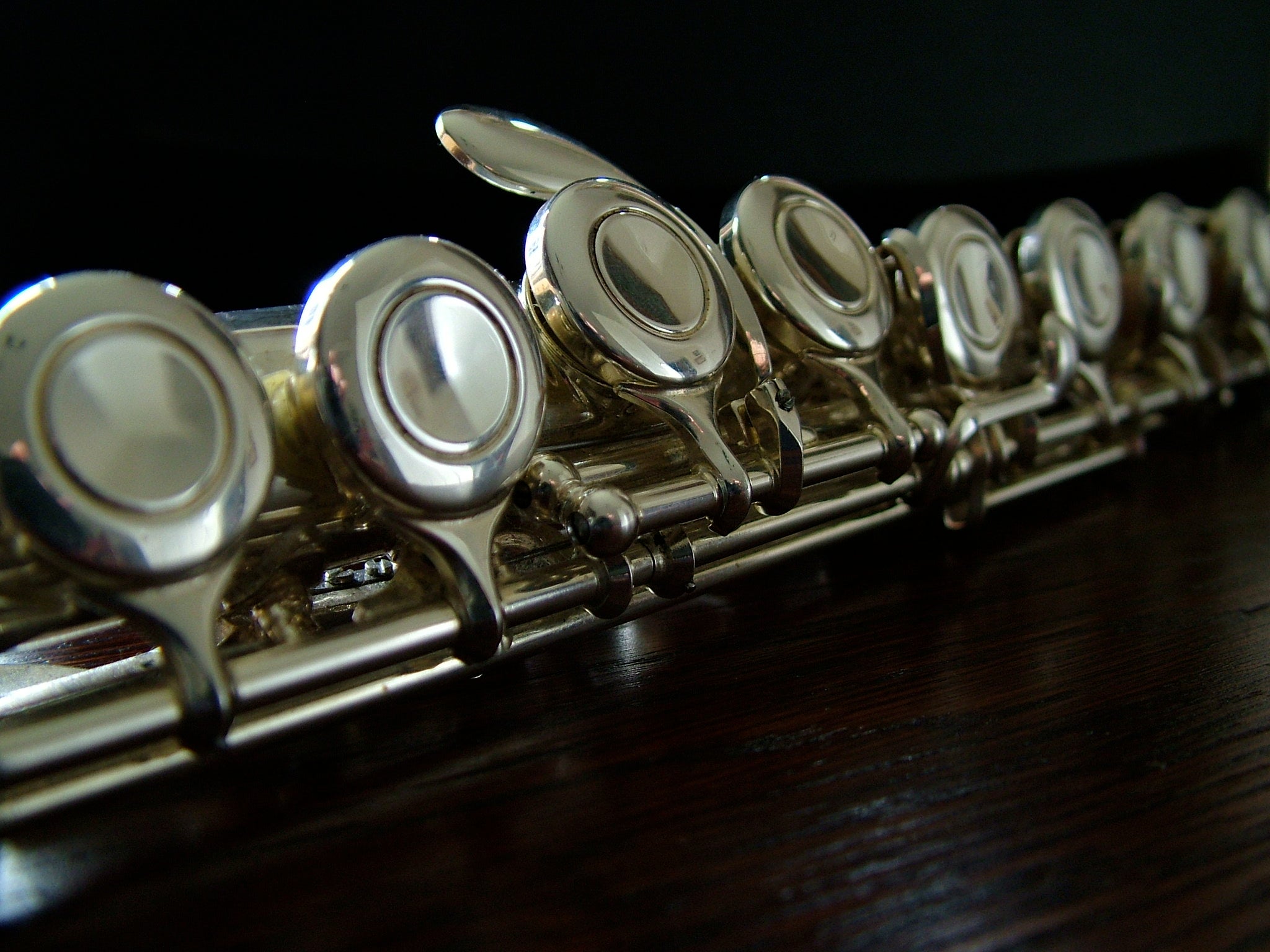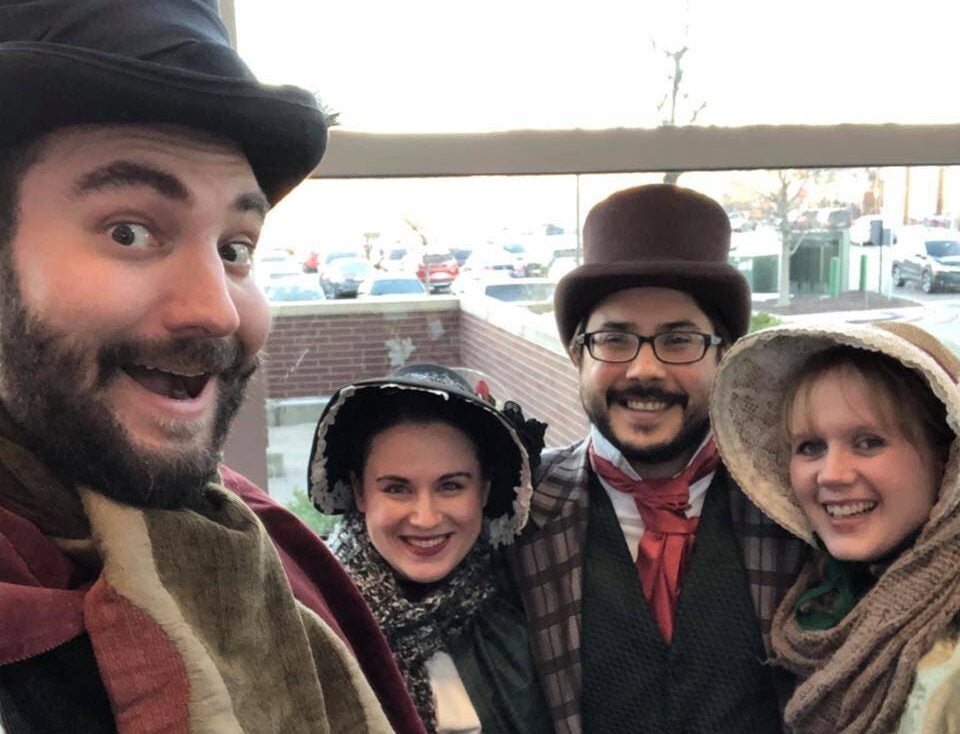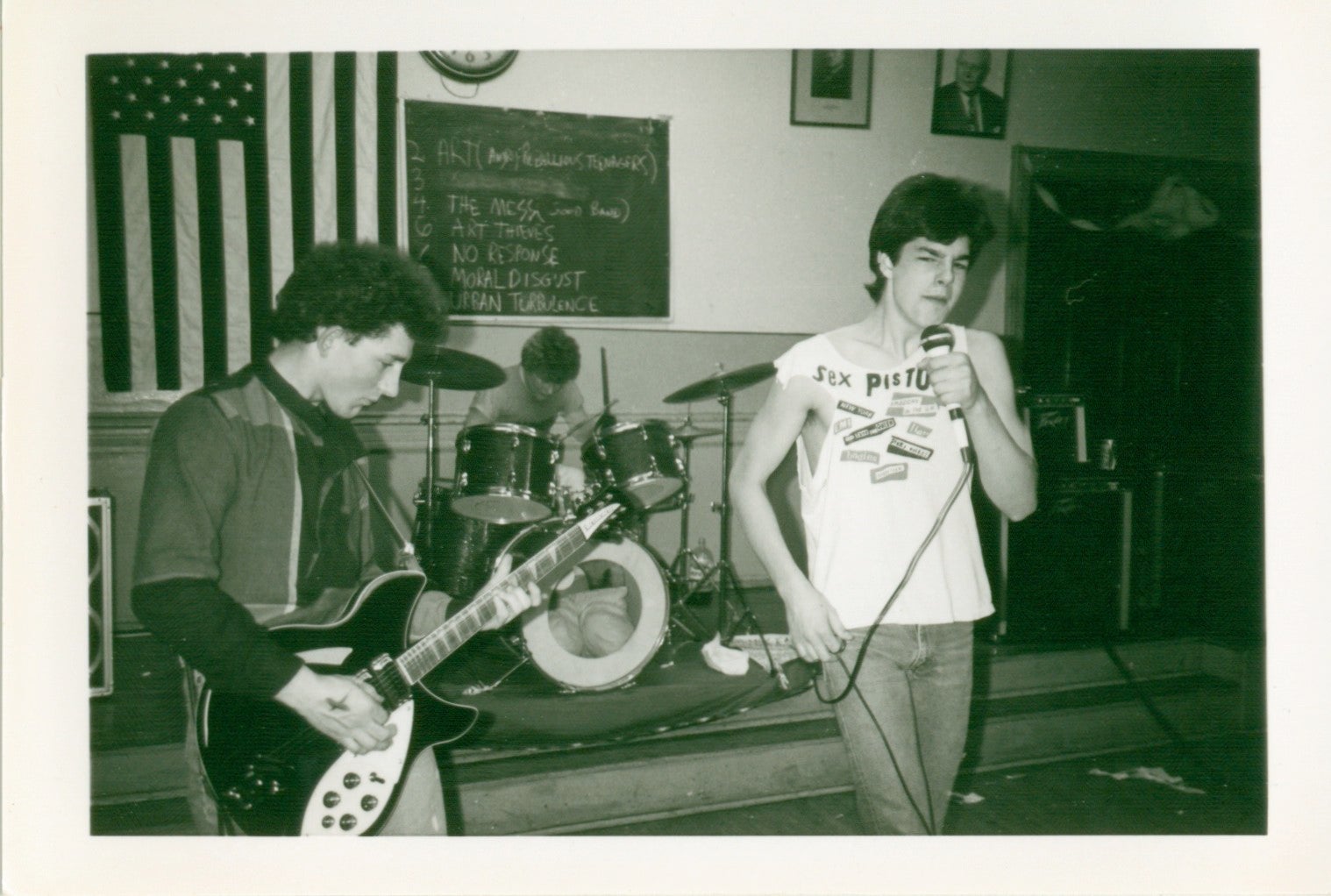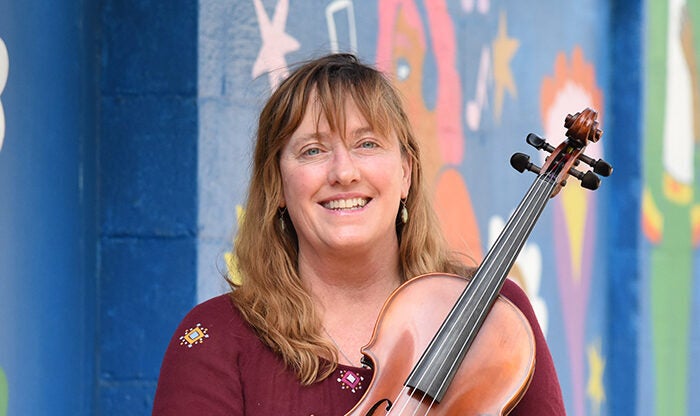Albert Spalding was sixteen years old at the time of his Paris debut. He played the Violin Concerto in B minor by Saint-Saëns, the Bach Chaconne, the Romance in F by Beethoven, and the flashy Zigeunerweisen by Pablo de Sarasate. The audience, mostly invited, had nothing but compliments for the young violinist.
But Spalding had misgivings.
He realized that he received just as much praise for his run-of-the mill performances as he did for those that were truly excellent. “Sweet at first to the taste,” Spalding said later, “it eventually soured on the stomach.”
Stay informed on the latest news
Sign up for WPR’s email newsletter.
Spalding’s teacher, a man named Lefort, was a voice of dissent. He asked if Spalding knew why he had stumbled in a certain passage. “I will tell you,” he said. “Because, depending too much on your natural facility, which in ordinary circumstances is apparently unfailing, you don’t take into account the added excitement of public performance.” He spoke of the distractions brought on by a thousand pairs of ears and suggested an experiment. He had Spalding write down from memory the passage in question, including the fingering and bowing.
Only after some stops and starts was Spalding able to do it.
“You hesitate,” Lefort said. “It is fatal to hesitate in a concert hall.”
Spalding muttered something about famous players who had experienced the same problem.
“In the first place, you are not a famous player,” said Lefort. He went on to emphasize the danger that came from relying too much on motor memory during a public performance.
Having said that, Lefort smiled and added that in general he was very pleased with Spalding’s playing, which had depth and meaning and true virtuoso fire. “Above all,” he said, “it sounded like you.”
Then he added one more observation. “You have that in your presence which makes audiences want you to succeed. It is like a present from heaven. Only, be careful never to be satisfied with cheap victories.”
Wisconsin Public Radio, © Copyright 2025, Board of Regents of the University of Wisconsin System and Wisconsin Educational Communications Board.





